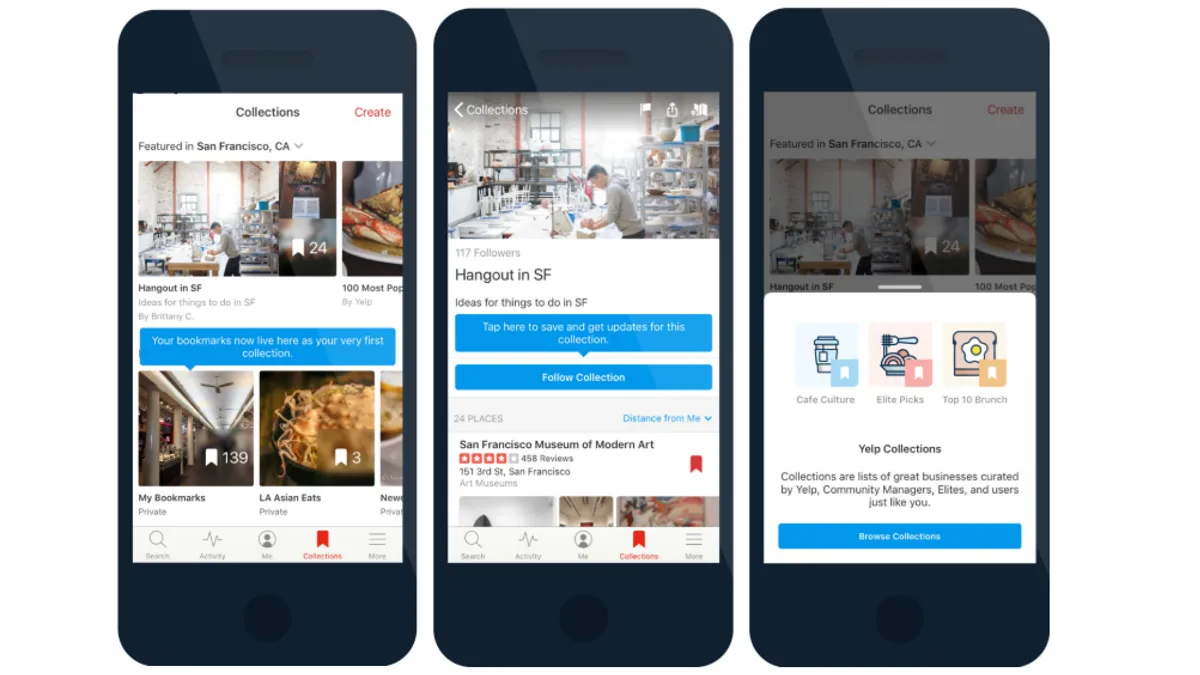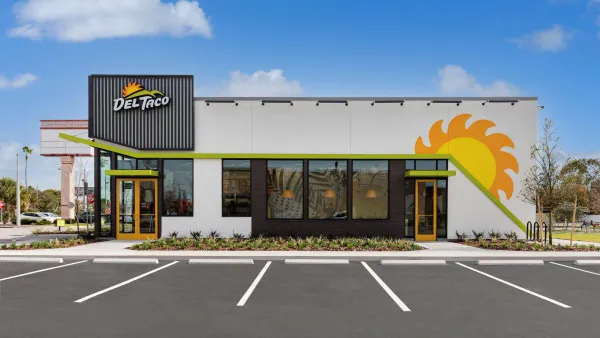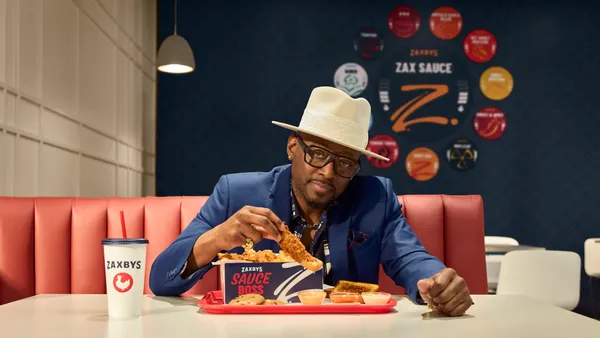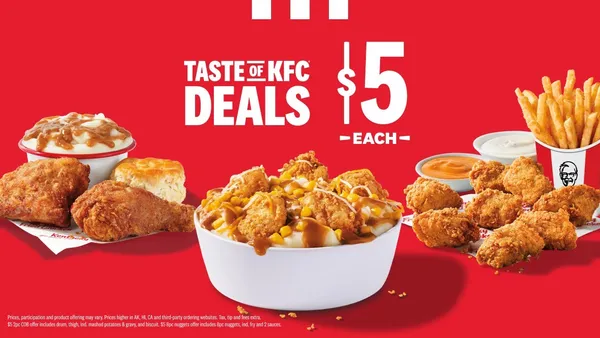Dive Brief:
- A majority of consumers choose businesses to patronize based on online reviews, according to a survey by Uberall, a Berlin-based marketing company. Nearly three-quarters of respondents said online reviews are moderately to very important, and 65% said businesses should respond to reviews.
- Almost 90% of respondents said they would be more likely to choose a business that responds, while nearly 80% believe responses should be personalized.
- “It’s critical for brands to have a proactive voice in these conversations,” said Josha Benner, Uberall Co-Founder. Those interaction enhances brand perception, encourages loyalty and draws new customers, he added.
Dive Insight:
With the ubiquity of smartphones and the power of social media rising, restaurants in particular must be vigilant about their online reputation. Restaurant reviews left on star-rating platforms including Yelp, Google and TripAdvisor influence consumer decisions more than any other industry. Not only do a majority of consumers read online reviews when deciding where to eat, about a third of diners will skip a restaurant with less than a 4-star rating.
Uberall’s survey aligns with that 4-star reality, though it also found that that the definition of a positive review varies. Almost 40% deemed positive to be 4 stars, while 15% see 4.5 stars as positive and 13% call for a full 5 stars. Less than 10% regard even 3 stars as positive. “If you have a location with a rating under 4.0, that’s not good enough anymore,” Benner stated in the report.
Keeping up with the multitude of online review platforms, however, is a full-time job, and not every restaurant can afford the labor to stay on top of it. But doing so has become a growing necessity. A July TripAdvisor study found that almost 100% of hospitality businesses, including restaurants, deem online reputation management and online reviews as essential to success. Likewise, 92% said social media presence matters, while 27% cited customer service retention as a top priority.
How can restaurants, already running on tight margins, often with limited staff, keep up? One of the first steps should be claiming company listings. Restaurants have a Google profile and a Yelp page regardless of whether they have logged in. Taking control of the information already available by updating hours, menus and photos improves brand image. For restaurants, public perception lives large on Yelp. Consumer Reports, for instance, discovered that Yelp is a leading source for tracking foodborne illnesses.
Though plenty of chefs and restaurant owners have taken a more combative approach on the love-it-or-hate-it user-review platform, it may be best to fight negativity with positivity. It’s also important for restaurants to develop their brand and engage with customers regularly on platforms where they can, for the most part, control the messaging — on Facebook, Twitter, Instagram, Google Business and their company websites.
Data culled from these platforms can also inform staffing decisions, service slow-downs or menu items that just aren’t catching on. Restaurants should focus on where they can turn interactions into customers, and the best platform and strategy will no doubt vary. Wendy’s, for example, has garnered praise for its irreverent voice and regular customer interactions on Twitter. Domino’s has asked customers to tweet certain hashtags to win free pizza, a plan that engages fans and draws people to its stores.
Author Jim Blasingame calls this new era “The Age of the Customer,” in which the diner still controls the buying decision but now has unfiltered access to information about brands, products and services. Businesses must listen to their customers, interact with them, consider their input and potentially enact changes. No longer can restaurants ignore their online presence or worse, assume it doesn't matter.












